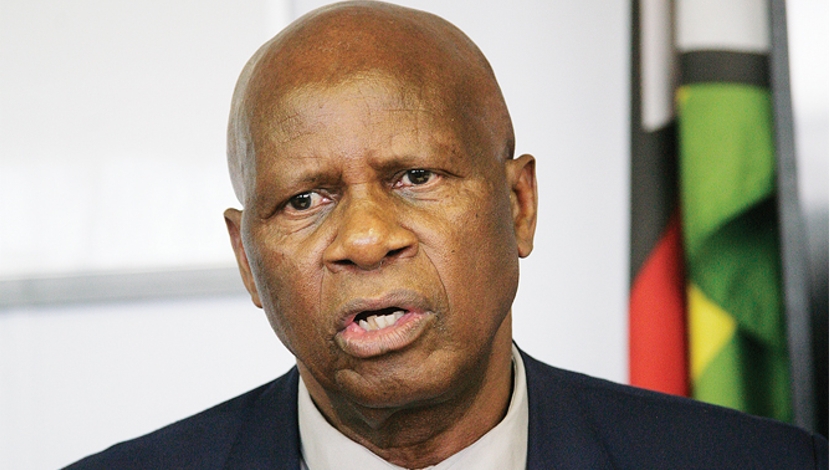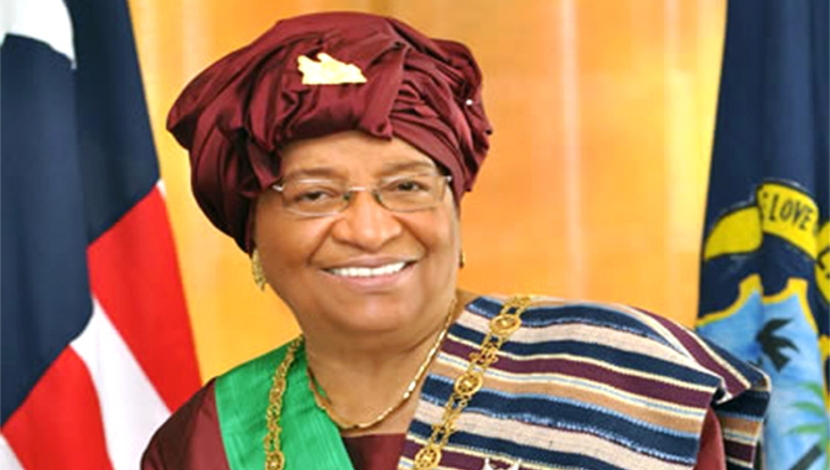

Expanding Africa’s power and electricity infrastructure remains a viable prospect for investors and businesses, with numerous investment opportunities available owing to new developments, says infrastructure investment and asset management company African Infrastructure Investment Managers (AIIM) transactions head Romain Py.
Py notes that the investment opportunities are the result of growing economies, favourable demographics and an emerging middle class in Africa.
“In most sub-Saharan Africa states, State-owned utilities retain a dominant market position, but they are quickly unbundling power utilities, allowing for private companies to partially privatise energy providers. This creates a more favourable environment for independent power producers (IPPs),” he notes.
Other initiatives – such as US President Barack Obama’s Power Africa plan launched in 2015 to bring together technical and legal experts, the private sector and governments globally to provide a projected 60-million new electricity connections in Africa by 2020 – have also attracted foreign investors.
Attention has been shifted towards private entities contributing to power solutions in Africa, as evidenced by developments in gas turbine power plants in West Africa.
Py notes that renewable energy has not only received a more prominent focus in African countries but is also forecast to grow to 43% of total generation capacity by 2040 in sub-Saharan Africa.
He notes that the slow change from traditional to alternative power resources is being coupled with policy and regulatory incentives to encourage investment in renewable energy.
“With South Africa’s REIPPPP, Kenya’s wind and geothermal power, and Uganda’s GET FiT programme, contributions to increase renewable energy will inevitably lead to greater investments in Africa’s power and electricity sectors.”





